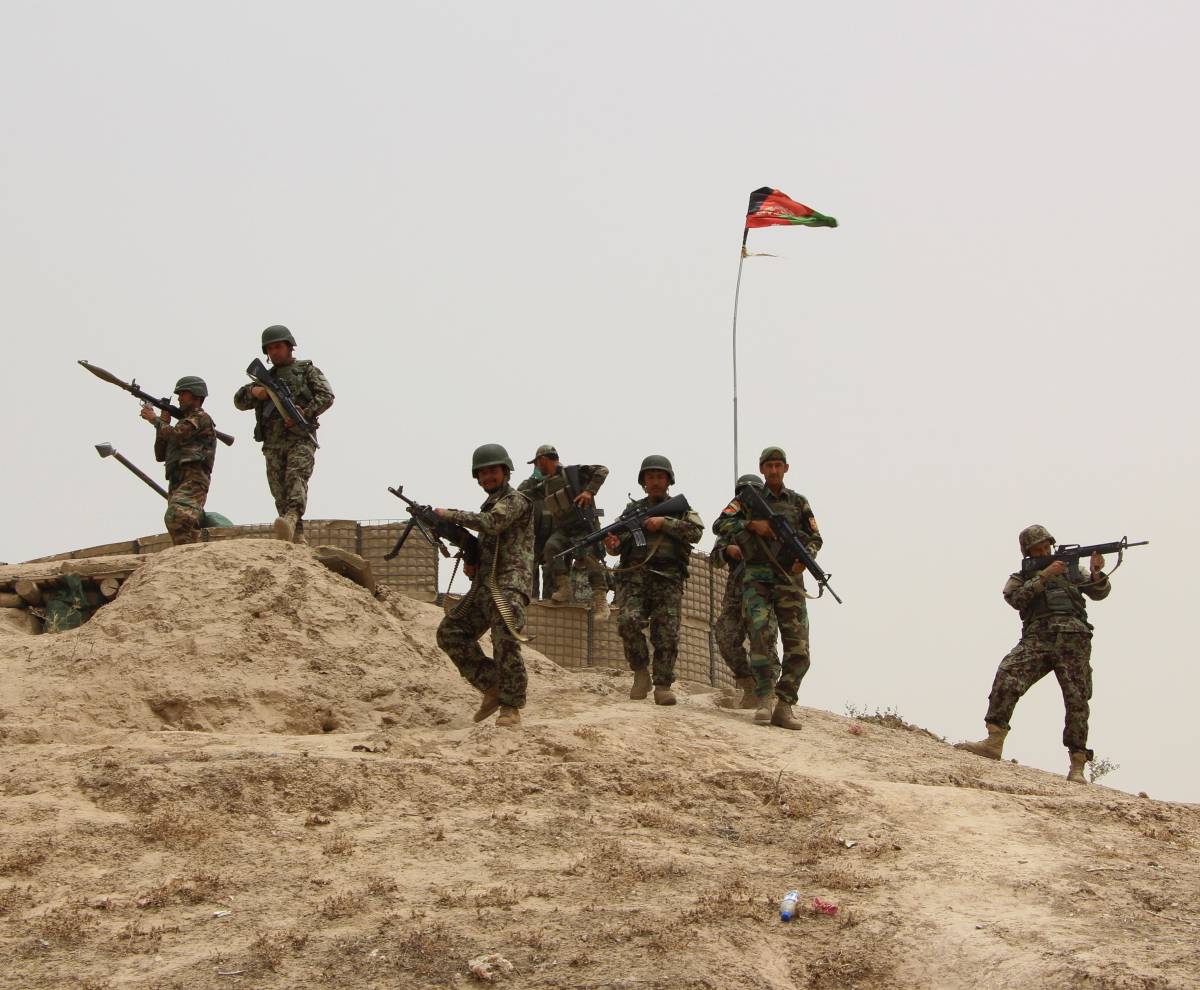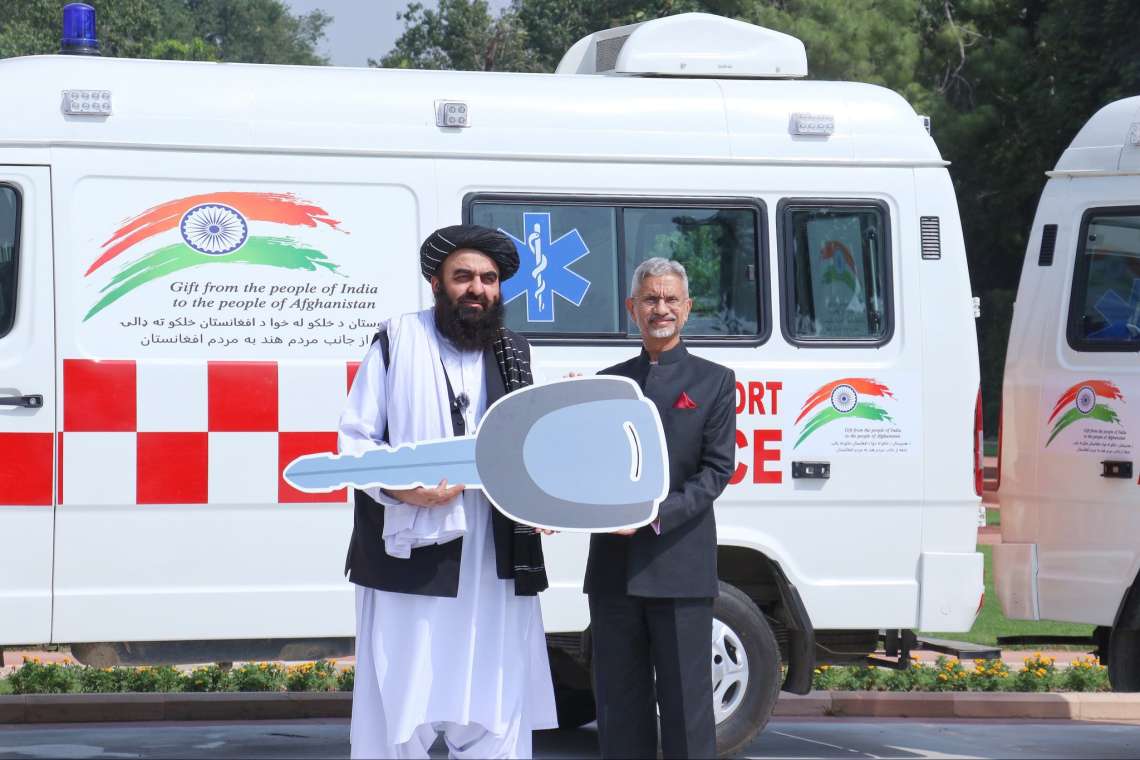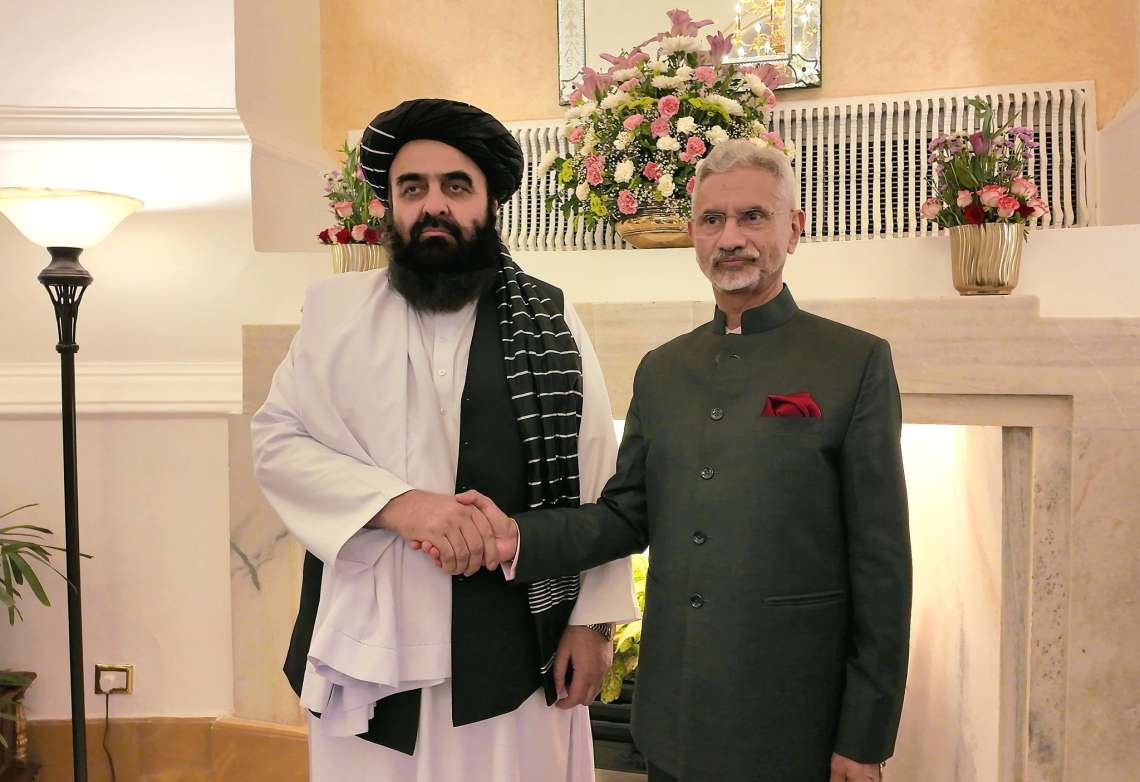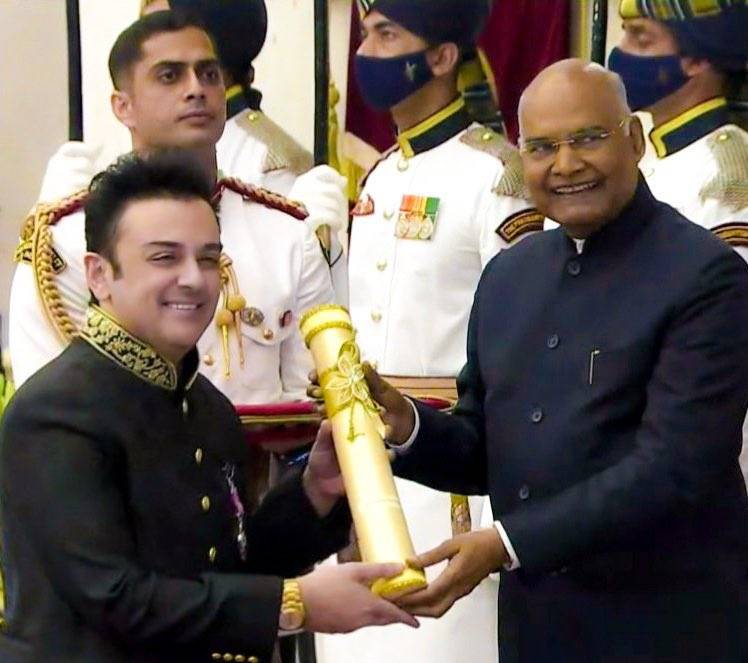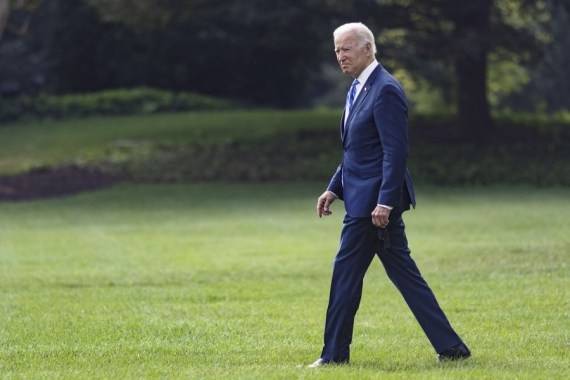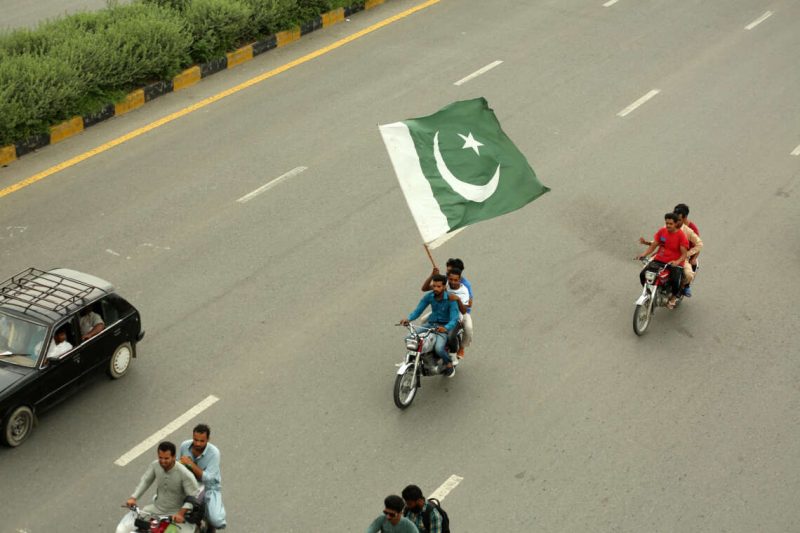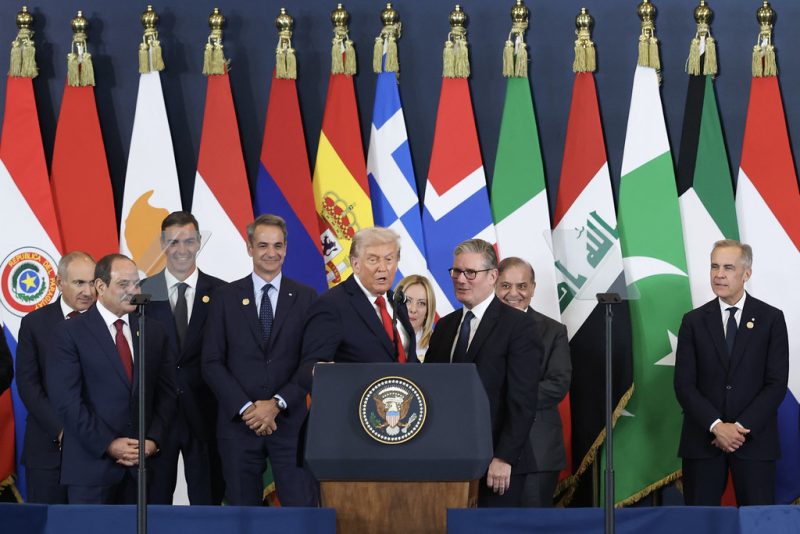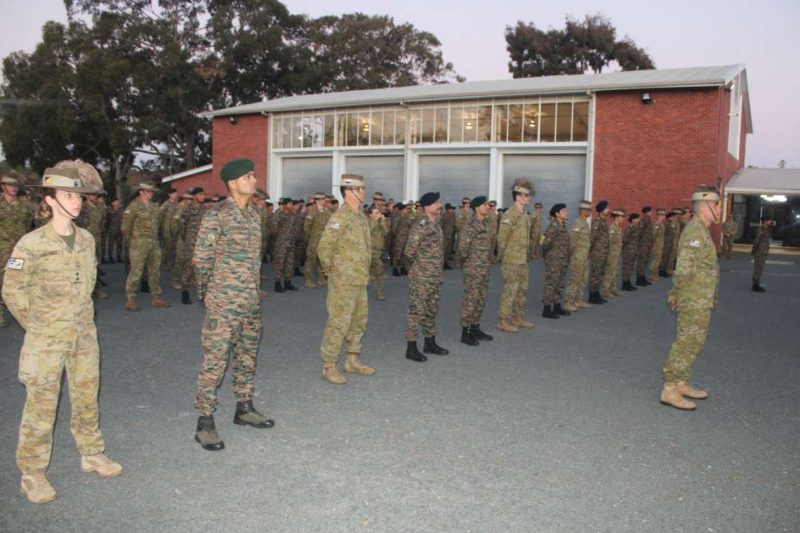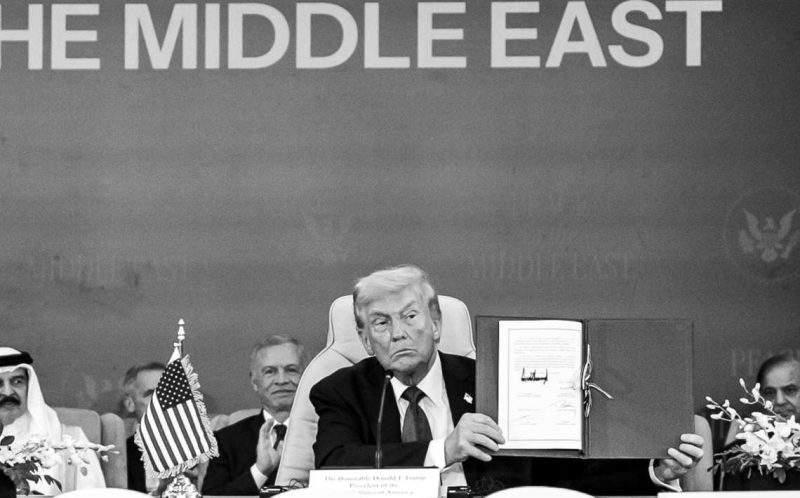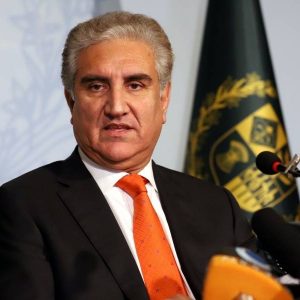Former Afghan Finance Minister Khalid Payenda, who resigned and left the country as the Islamist group advanced, said records showing that security forces greatly outnumbered the Taliban were incorrect….reports Asian Lite News
Another shocking revelation jolted the international community as the Afghanistan’s ex-Finance Minister has blamed the government’s fall on corrupt officials who invented “ghost soldiers” and took payments from the Taliban, BBC reported.
Khalid Payenda told the BBC that most of the 300,000 troops and police on the government’s books did not exist.
He said phantom personnel were added to official lists so that generals could pocket their wages, the report said.
The Taliban rapidly seized control of Afghanistan in August, as US forces withdrew after 20 years in the country.
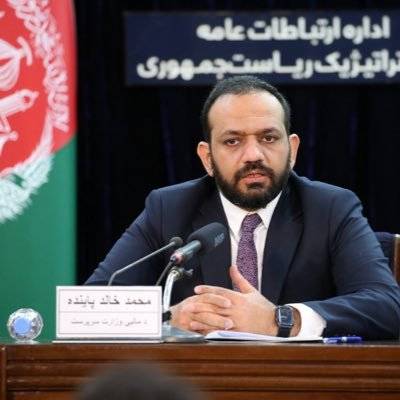
Payenda, who resigned and left the country as the Islamist group advanced, said records showing that security forces greatly outnumbered the Taliban were incorrect.
“The way the accountability was done, you would ask the chief in that province how many people you have and based on that you could calculate salaries and ration expenses and they would always be inflated,” he told the BBC.
The former minister said the numbers may have been inflated by more than six times, and included “desertions (and) martyrs who were never accounted for because some of the commanders would keep their bank cards” and withdraw their salaries, he alleged.
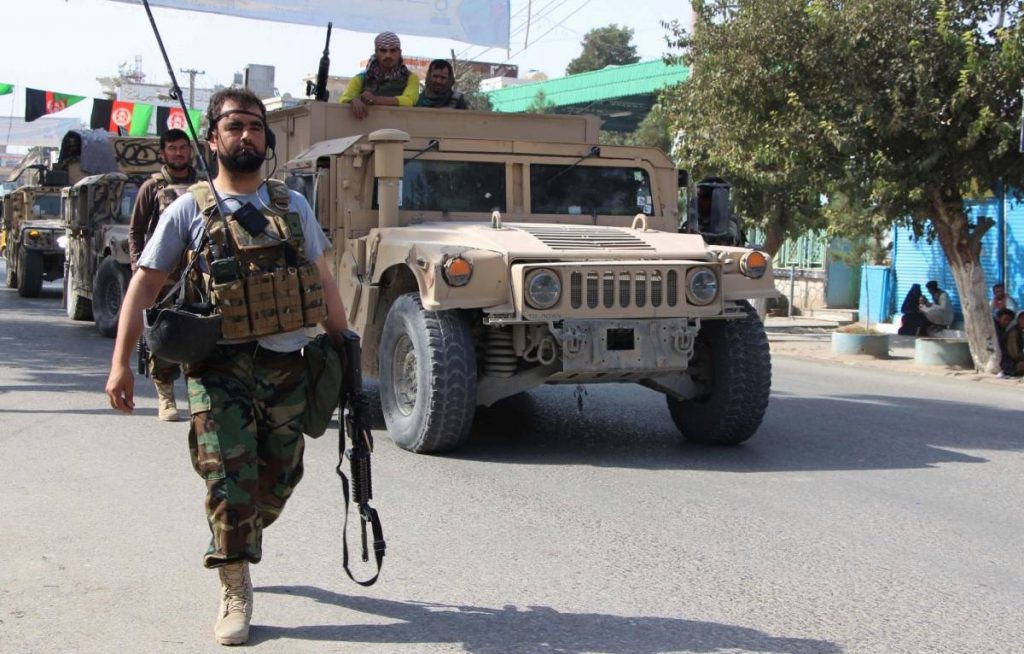
A 2016 report by the US Special Inspector General for Afghanistan Reconstruction (Sigar) claimed that “neither the United States nor its Afghan allies know how many Afghan soldiers and police actually exist, how many are in fact available for duty, or, by extension, the true nature of their operational capabilities”.
In a more recent report, Sigar expressed “serious concerns about the corrosive effects of corruption… and the questionable accuracy of data on the actual strength of the force”.
Payenda said that troops who did exist were often not paid on time, while there were generals who were “double-dipping” – taking their government wage, and then also accepting payments from the Taliban to give up without a fight.


